Request a Demo
Trusted by leading brands, retailers, manufacturers and service providers across industries such as:


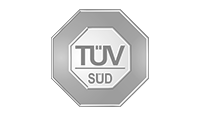
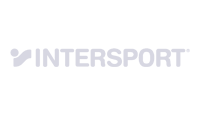

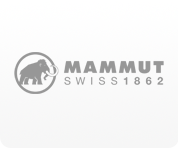





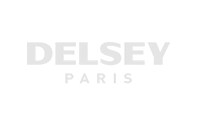
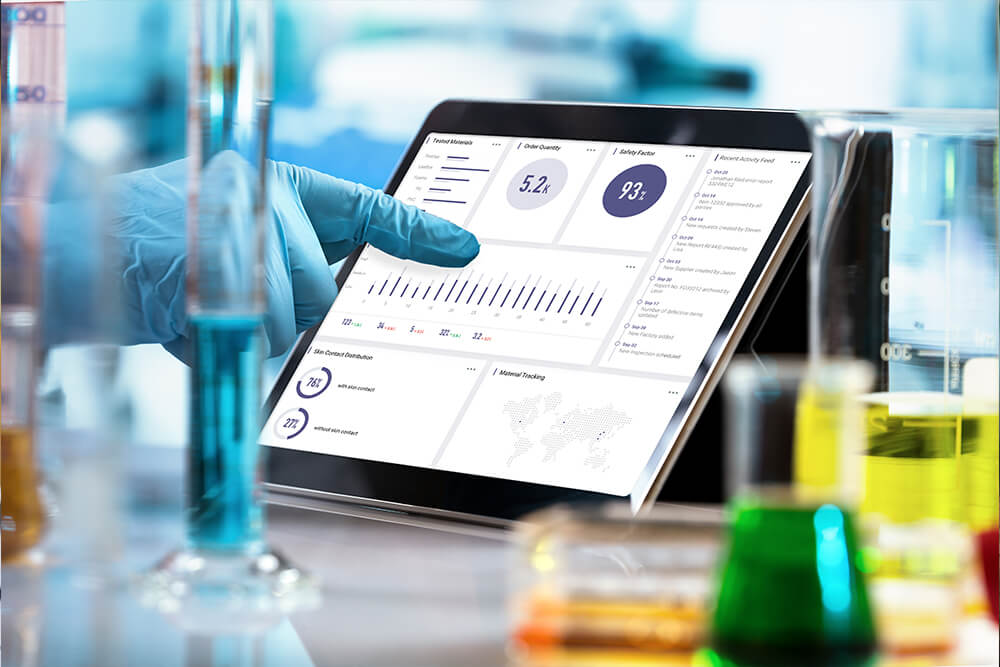
The processes involved in compliance and lab testing may seem complicated, but the benefits they will bring your company in the long run are immeasurable. What’s more, there’s not as much of a void between quality and compliance as some businesses believe. Despite this, these procedures can still be difficult to understand, especially because many countries — indeed, many individual states and provinces — abide by their own rules and regulations when it comes to the import of goods.
When your supply chain involves multiple suppliers, ensuring total compliance across every one of them can get complicated. A classic example of the perils of non-compliance occurred several years ago when a series of investigative lab tests proved that lead paint was being used on a number of popular children’s toys distributed throughout the US.
The violation leading to the lead paint scandal occurred because several foreign suppliers were unaware of the composition of their own materials. This sort of error can happen when the different regulatory standards are not comprehensibly communicated by those companies whose supply chains are geographically dispersed. Further obstacles include language barriers and cultural differences during the import of foreign goods.
If a product violates compliance regulations, it is seized by customs and the purchasing company may face prosecution or a heavy lawsuit. They will likely be ordered to destroy all faulty products and be permitted to replenish them only on the condition that safety standards are thereafter strictly adhered to. Companies will also put their brand image at risk when consumers become aware of the violation and avoid purchasing from the brand in the future.
Lab testing is a crucial component of a healthy supply chain, in part because it aids compliance so fundamentally. The costs associated with quality control issues vary depending on how early a problem is discovered, if detected at the beginning of production, corrective action can be taken swiftly, negating the bulk of the costs of poor quality. This forward-thinking pays off in the future by minimizing product recall, reducing delays caused by compliance issues and minimizing any risk of damage to brand image and equity.
Many companies and regulatory bodies experience a number of issues when it comes to product information and data transparency. With consumer safety ever more at the forefront of policy, federal agencies are now making it mandatory for companies to provide relevant information in a timely and efficient manner, in order that mistakes and complaints become less commonplace moving forward. This shift in the demand for transparent product information is encouraged further by a change in consumer behavior, as people expect higher standards when it comes to matters of health and safety.
A great many regulatory requirements can be found in each industry. Here are 5 of those most common requirements in the business of importing and exporting goods.
Whether it’s relating to lead, phthalates or chemicals, many substances can have major implications on health and safety. For example, even after the lead paint scandal, the issue of unacceptable amounts of lead continues to be one of the most common product safety violations in the US. Across the EU, there is a growing concern about the impacts caused by some chemicals known as endocrine disruptors, which can have harmful effects on the hormonal system. In REACH, these hormone-disrupting chemicals, some commonly found in cosmetic products, are considered of similar regulatory concerns as other regulated substances of high concerns.
For some product classifications, products are required to be sent for lab testing to check for harmful substances. Even if such tests are not legally required, it is nevertheless highly recommended that you undergo them voluntarily and openly, as they can help ensure the official labeling of your product is in affirmation of its safety. Another reason that such voluntary tests are advisable is that you can never say with absolute certainty that materials coming into your factory are safe. Lab testing affords you extra assurance of the health of your supply chain.
Oftentimes you will need to prepare certain compliance documents to ship with your products, declaring that they have been manufactured in accordance with all relevant regulations in the country of importation. In the EU, this purpose is served by the Declaration of Conformity. In the US, products must come with a General Certificate of Conformity. If necessary, work with your freight forwarder to ensure these documents are always included with shipments.
The US department of the Consumer Product Safety Commission utilizes the Regulatory Robot, a tool that provides a comprehensive overview of the regulations that will likely apply to your product. The European Committee for Standardization is one of the three organizations responsible for developing and defining standards of various kinds of products at the European level. It is also recommended that you consult with either a test lab or product compliance consultant to ensure your awareness of all regulations concerning your business.
Labeling requirements apply not only to the type of product you are exporting but also on the location of importation itself. Be sure to include these requirements in your quality inspection checklist.
On top of regional regulations and government initiatives, there is increasing pressure from NGOs and consumers demanding information regarding sustainability, environmental impacts and ethical practices. Yet, many companies still neglect their responsibilities when it comes to compliance. Why would this be, when compliance is so utterly crucial to the success and reputation of a business?
New regulations are emerging all the time, making it increasingly tough for organizations to maintain a holistic perspective on their obligations and legal requirements. They must monitor emerging initiatives in compliance law and it can be difficult to keep up, especially when companies must simultaneously manage the endless challenges posed by their upstream supply chains, such as ensuring supplier compliance and data transparency throughout the supply chain.
In the past few years alone, supply chains have fallen under rigorous scrutiny — rightly so, of course. A variety of industries across the globe have been impacted by legislation such as the Dodd-Frank Act in the US, which has provisions for the reporting and monitoring of the use of conflict minerals in products.
The sheer size and complexity of compliance laws can be hard to comprehend. Many chemical regulations directly impact products by specifying restricted or banned substances. Environmental regulations around air, water and pollutants are ever-present regulatory drivers for heavy consumption industries. These regulations continue to come into the focus of current affairs because of the political controversy surrounding the Paris Agreement and increasing concerns about global warming.
Take, for example, Proposition 65 (formally titled The Safe Drinking Water and Toxic Enforcement Act of 1986), a Californian law passed to protect drinking water sources from toxic substances that can lead to birth defects and cancer. Proposition 65’s overall goal is to reduce or eliminate exposure to such chemicals contained within consumer products by requiring a labeled warning in advance to potential exposure.
Then there’s REACH (Registration, Evaluation, Authorisation and Restriction of Chemicals), an EU regulation designed to eliminate all use of substances of very high concern by substituting them with technically and economically feasible alternatives. This regulation has huge implications for all manner of industries, from aerospace to automotive, from electronics to paint.
Another notable regulation coming out of the EU is RoHS (Restriction of Hazardous Substances Directive), which is required to be enforced in every member state of the Union. The directive restricts the use of 6 hazardous materials in the manufacture of various types of electrical and electronic equipment.
Even immensely well-established companies can suffer from fragmentation in their communications, with different departments lacking a unified and fluid compliance strategy. Integrating compliance as a function of the product development life cycle is becoming ever more crucial for product innovation. Best-in-class businesses integrate compliance directly into the life cycle and ultimately improve customer perception, quality, time to market and product adoption.
The challenges of lab testing and product compliance have never been so great, so is the cost associated with failing to do so.
The market is rapidly moving toward accommodating consumers with a variety of needs and requirements. Total supply chain transparency achieved by total data transparency will invariably boost trust in your brand and confidence in your health and safety compliance procedures.
Topo is a market leader, specializing in lab testing and product compliance. Our digital and mobile data solutions streamline the processes and communication of your supply chain partners, affording you full and direct access to lab test data and allowing you to enjoy total data transparency regarding compliance. Our Topo Platform goes far beyond providing just the overall lab test results. We offer brands, retailers and suppliers alike much deeper insights into their chemical and physical lab tests or even insights into air & water tests in factories. Our approach of collecting many more data points does not only empower you with absolute transparency and traceability within your supply chain but also unlocks tremendous potential for test plan optimization.
Topo processes over 30,000 reports a day and has users in over 40 countries. Get in touch today and see how we can reduce your risk and save you costs by enhancing your lab testing data transparency and compliance processes.